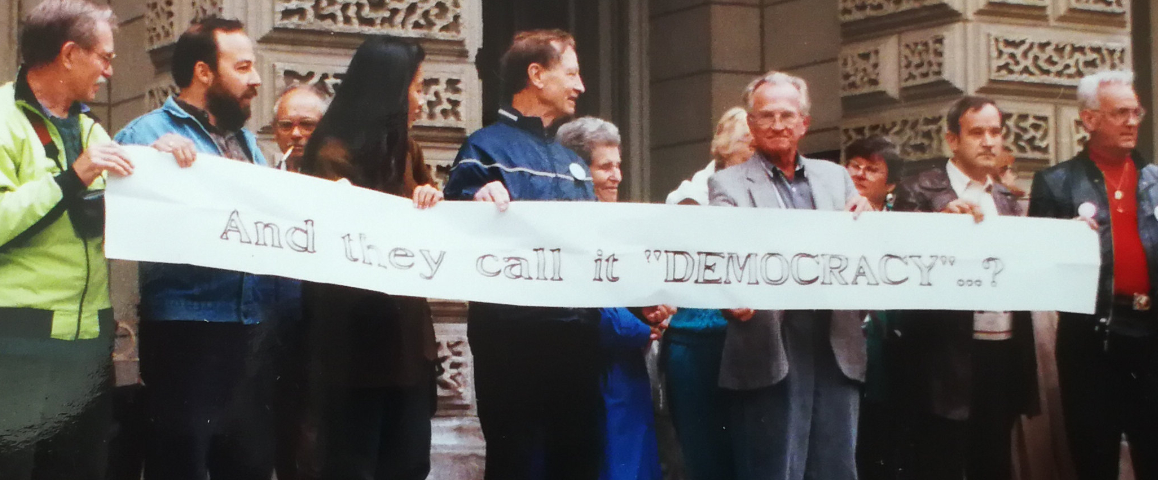PV Editorial
The Ontario Court of Appeal recently struck down the Ontario government’s 2021 legislation restricting “third party” election advertising. The court agreed with a coalition of unions that the law violated voting rights, by denying access to information.
The government now has a year to craft new legislation. As it prepares to do so, we would like to share some of our ideas for election finance reform in Ontario and across Canada.
First, scrap the ban on trade union contributions to political parties. Working people, whether individually or in association, have the right to participate in elections. Banning trade union contributions diminishes this fundamental right. This is particularly true in a class society like ours, in which the working class is constantly and increasingly marginalized from the political arena.
Corporations should not be allowed to fund parties, but unions are not corporations. While corporations are privately owned and privately run, unions are democratic public associations of working people.
Furthermore, not all working people are in a position to be publicly involved in the political process. Many have legitimate concerns for their employment, for their legal status in Canada or for the safety of their families abroad. Trade union political activity is a very important avenue for workers with these concerns to exercise their democratic rights through an already democratic and transparent organization.
Second, drastically cut campaign spending limits. In the 2022 Ontario election, the three largest parties (Conservatives, Liberals and NDP) spent more than $34 million combined. In the federal election a year prior, the same three parties shelled out just shy of $80 million. Sky high spending limits allow the largest and best-funded parties to buy elections by financially exhausting both their opponents and the public.
High spending limits drive aggressive fundraising and lead to an increase in fraudulent financing. The best form of compliance for legal contributions is to dramatically lower spending limits so that illegally received money has a reduced effect and cannot be used to buy elections.
Excessive campaign spending also contributes to the enormous increase in attack and negative ads. Many studies identify this as a key factor in reduced voter confidence and participation.
Third, regulate free broadcasting under the Election Finances Act. Media is a key tool for campaigning, but unequal access to free-time broadcasting amounts very clearly benefits the largest parties and especially those which already have elected representatives. It is nothing less than a form of donation or subsidy to the big political machines.
An easy fix is to regulate election broadcasting under the Election Finances Act, so that free-time party broadcasts are equally allocated to all parties.
The current lack of regulation allows the private broadcast consortium to determine which parties and candidates will have access to election debates and discussions that they cover. Invariably, this has resulted in access and participation being restricted to the large parties which already have elected representatives. Access to these debates must be equal, or it constitutes an unfair donation and subsidy.
Of course, it is beyond unlikely that the Ontario government or any in Canada will take up these suggestions. To do that, they need to be forced. And that will take a sustained campaign by working people who want to ensure that they have a fighting chance in the electoral field.
Get People’s Voice delivered to your door or inbox!
If you found this article useful, please consider subscribing to People’s Voice.
We are 100% reader-supported, with no corporate or government funding.




